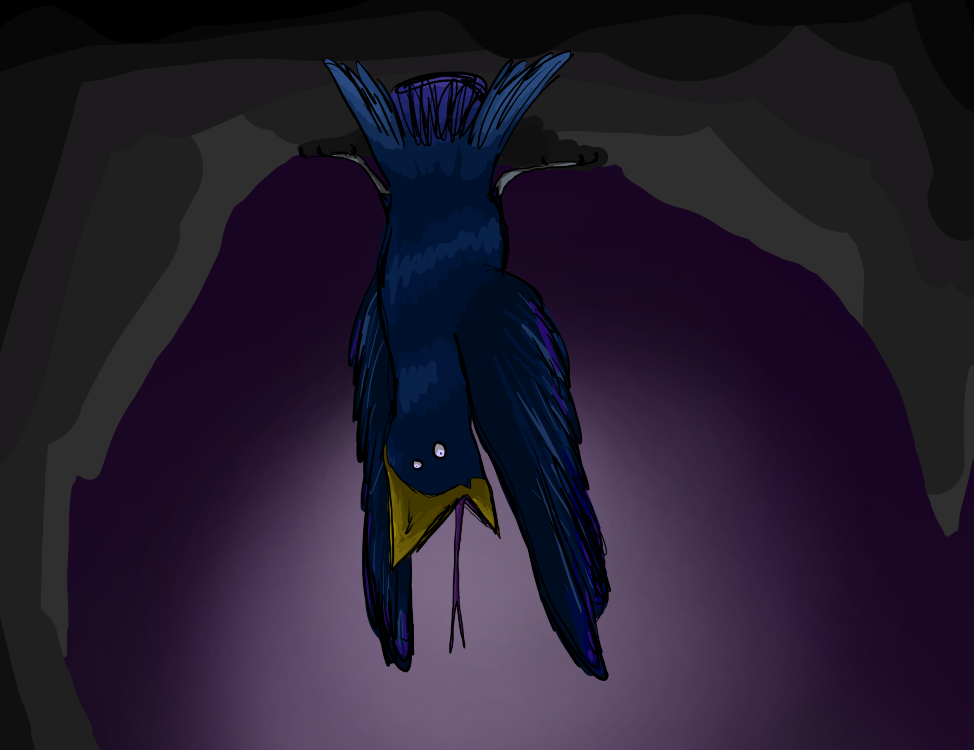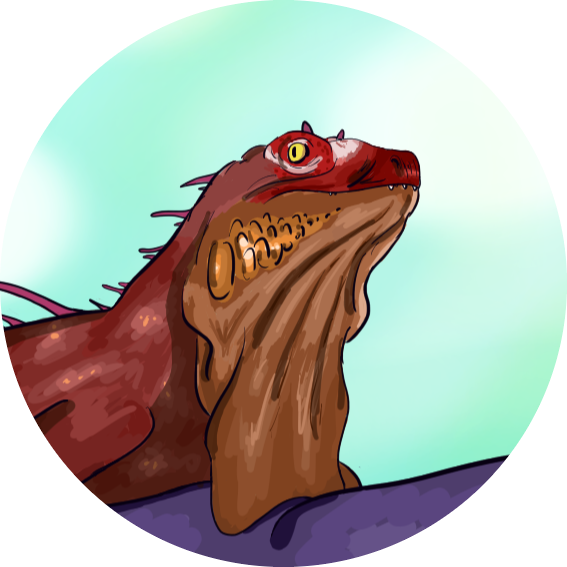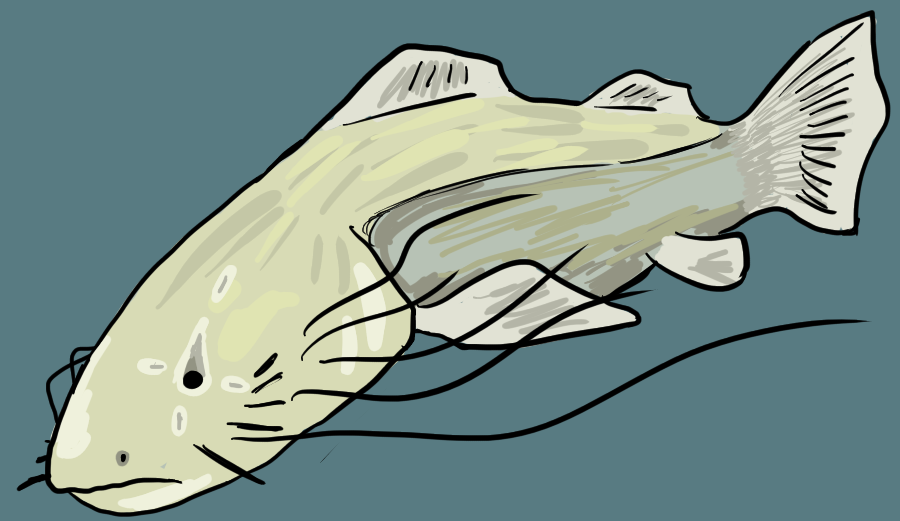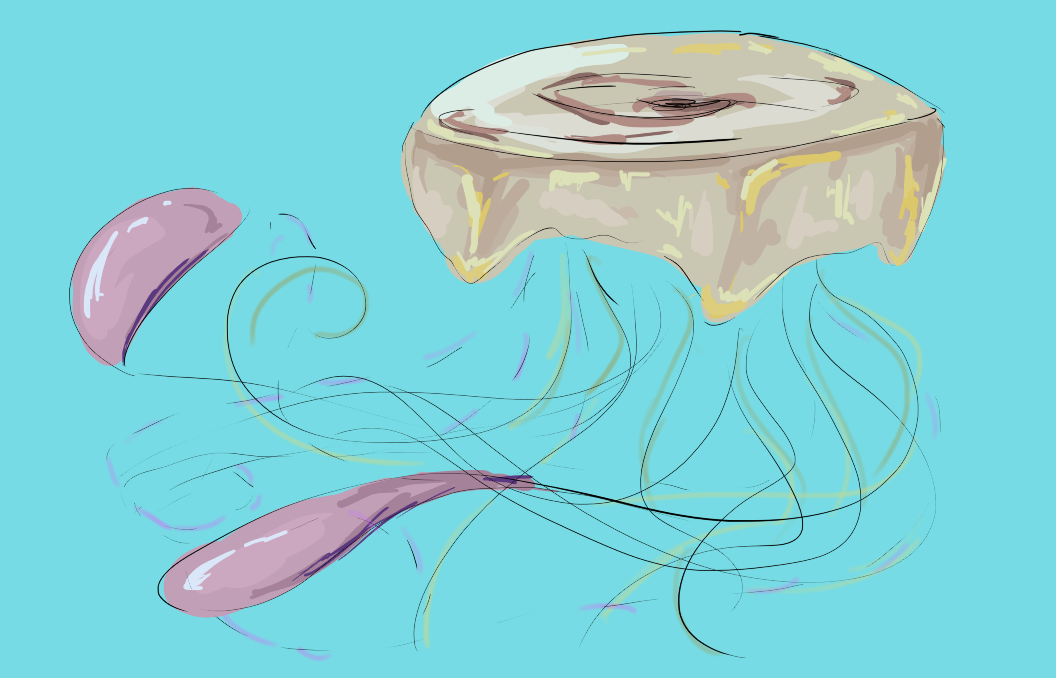Previous Animals of the Months
January 2024
Animal of the Month: Twattel
A bird on the creepier side of things, twattels are native to planet Xiskin, a planet we have rescued in the past.
They dominate the cave ecosystems of their home planet and planet Maresa where they were accidentally introduced. Twattels have had a devastating effect on the local wildlife, something we are trying very hard to stop.
Read more here!March 2024
Animal of the Month: Painted Iguana
Painted iguanas are native to Emycelium, a vibrant planet rich in foliage and fauna. They rest in tall trees and giant mushrooms, dropping down to the ground in a slump when they want food.
Their bright colouration and docile natures make them a popular pet. While not the best choice o pets due to their dietary requirements, painted iguanas are trainable and exhibit many "affectionate" behaviours.
Read more here!May 2024
Animal of the Month: Bristlewing
Bristlewings are horse-sized dragons, often kept as pets on planet Dracosei. These inquisitive animals are incredibly powerful and loyal - mess with the wrong dragon, and your whole body will turn to ash.
Our bristlewing enclosure is not interactive, as these animals are too dangerous for visitors to safely interact with. What you can do, however, is adopt one! Your small donation of £1,000 a month will fund some of the food for these majestic dragons.
February 2024
Animal of the Month: Pale Catfish
Pale catfish are a small catfish species endemic to the Sour Lake.
A deep-lake fish, pale catfish rarely swim to the surface. They put up little fight when caught on fishing lines - this makes them easy targets for the competitive fishing industry.
Read more here!April 2024
June 2024
Animal of the Month: False Island Jelly
False island jellies are powerful predators native to planet Kyrophis. Their giant paddles can produce 5 million volts, higher than what is artifically achievable by kephalons, the planet's native people.
These giants have a gentle side, forming mutualistic relationships with garden porpoises. The porpoises decorate the jellies with assorted flora, and the jellies provide protection from the porpoise's predators.










Comments